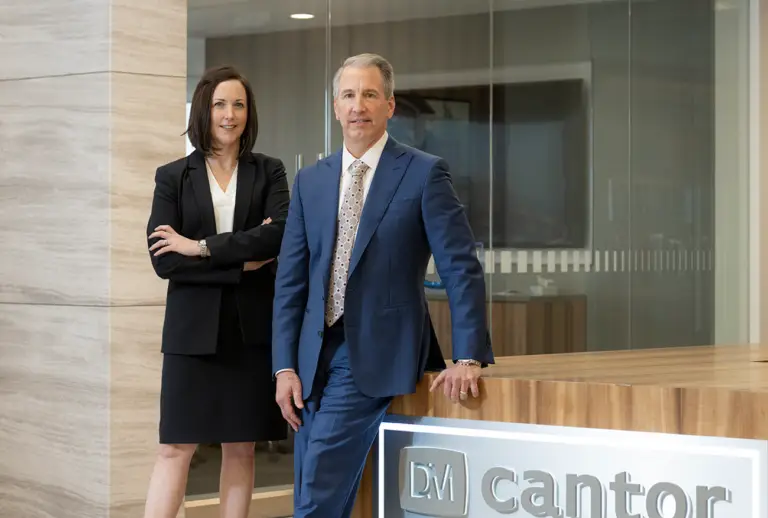If something new is brought up that caught the prosecution off guard, then they can present “rebuttal witnesses” to testify. Again, the defense will have a chance to cross examine those rebuttal witnesses. After all evidence is presented, then each side can make their closing arguments to the judge. Even though the Adjudication Hearing is taking place in Juvenile Court, the State still has to meet the same burden of proof (i.e. guilt beyond a reasonable doubt). If the judge does return a “delinquent” verdict (i.e. a “guilty” verdict) on one or more of the charges, then he will set the case over for a “Disposition Hearing”.
Mitigation
When it comes to “Mitigation” regarding a charge of Juvenile Crimes, it is important to start that process right away. Not only can this help us with potentially convincing a Prosecutor to not file charges in the first place, but it may reduce the level of charges that they ultimately file. In addition, if there is a conviction later, this can be used to help reduce any type of Sentence if there is a “Range.” The Mitigating Factors which are considered by both the Prosecutor and the Courts includes Statutory and Non-Statutory elements.
Many items that we routinely include in our Mitigation Packages include Psychosexual Risk Evaluations; Polygraphs; Neuro-Psychological Evaluations; Counseling records; substance abuse Treatment and/or Rehabilitation; and a complete history of a person’s background. This can include Individualized Education Plans (IEPs), medical records, Counseling records, etc. Lastly. we often include what’s known as a “Proportionality Review/Sentencing Disparity” analysis in which we can show the Prosecutor and Court that similarly-situated Defendants received low Sentences. Click the link below to see a more detailed list of both Statutory and Non-Statutory Mitigating Factors.
Click here to see Helpful Mitigation Information
Work with a DM Cantor Phoenix Juvenile Crimes Defense Lawyer Today For a Free Consultation
For a free consultation and free case evaluation with one of our Phoenix Juvenile Crimes Lawyers and Criminal Defense Lawyers, call our 24 hour Phoenix Juvenile Crimes Defense Lawyers Hotline at 602-307-0808 , or click here for a free consultation on any criminal cases. Our aggressive Juvenile Crimes Lawyers always offer free consultations for an initial visit with our Phoenix Juvenile Crimes Defense Attorneys. We are often considered to be the “best Juvenile Crimes Defense Lawyer”.









